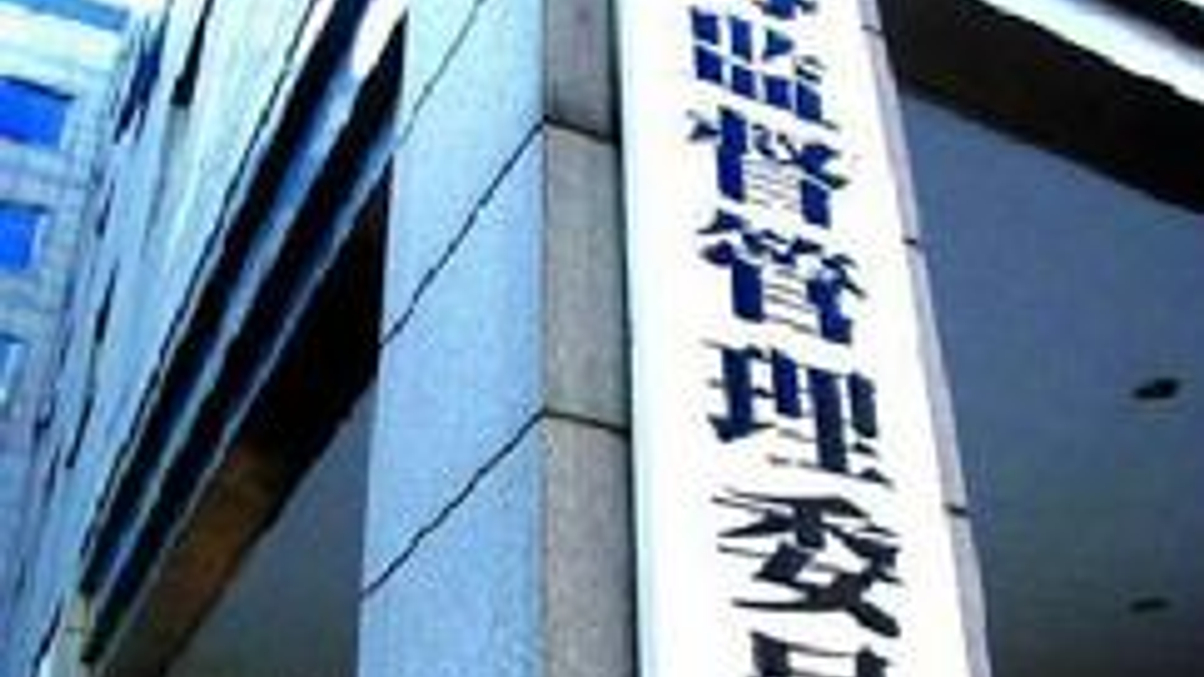China primary bond funds banned from IPO investing
Primary bond funds will no longer be able to boost returns by subscribing to IPOs, effectively forcing them to breach the contracts they have agreed with investors.

The Securities Association of China (SAC) on Friday banned primary bond funds from subscribing to equity initial public offerings, a method long used by asset managers to boost returns.
Sign in to read on!
Registered users get 2 free articles in 30 days.
Subscribers have full unlimited access to AsianInvestor
Not signed up? New users get 2 free articles per month, plus a 7-day unlimited free trial.
¬ Haymarket Media Limited. All rights reserved.


